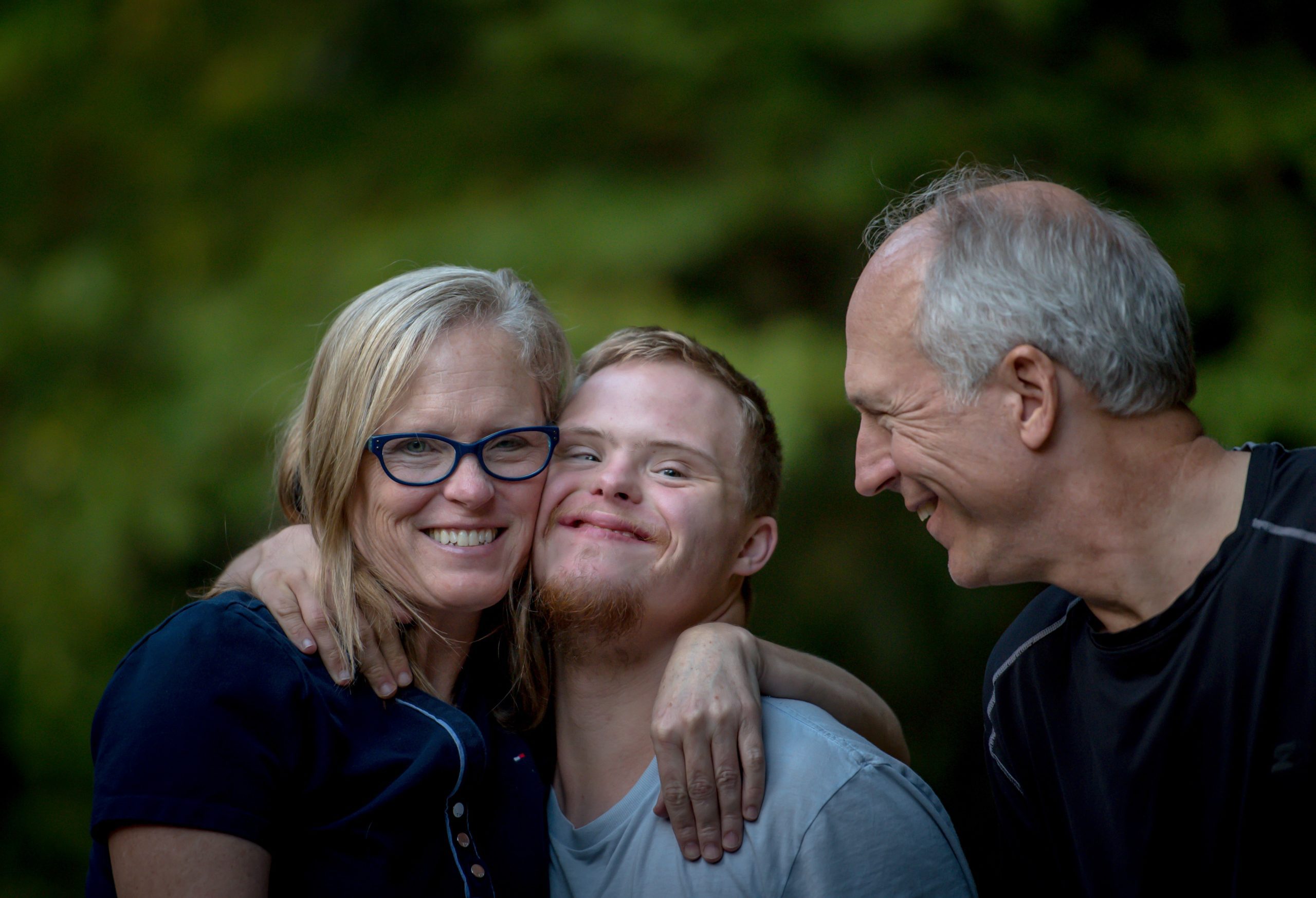Our sleep patterns change as we get older. We fall asleep earlier and stay asleep later than in our childhood. We may have difficulty falling asleep or staying asleep. We may have difficulty waking up throughout the night due to sleep fragmentation. Older adults may wake up tired and suffer from sleepiness throughout the day. How then do they get their seven to nine hours of sleep each night?
In addition to quality sleep, we need to rest at all times for optimum health. Sleep replenishes our bodies‘ energy levels and allows them to rest fully. Our sleep deprivation can leave us susceptible to symptoms such as depression and irritability as well as impaired memory and concentration, increased risk for accidents, and diminished quality of life.
We will examine the common sleep problems involving aging to mark National Sleep Awareness Week, but also share some tips to help you to get a good night’s rest – this week and every week.
Sleep Problems and Aging
Sleep studies suggest that between 35 and 50 percent of adults get less than seven hours of sleep in a 24-hour period. Why? There are likely to be multiple factors at work, they include:
Illness or pain: It can be difficult to sleep when you are sick or in pain. Joint problems like arthritis and an enlarged prostate can cause you to wake up in the middle of the night. You may have frequent nighttime bathroom trips due to diabetes or an enlarged prostate.
Medications: It might be harder to fall or stay asleep with some prescription drugs, or they might even keep you awake.
Worry or grief. A life change can affect a person’s sleep if it is stressful, such as losing a loved one, moving from their family home, or going through an illness.
Sleep disorders: Several sleep disorders may manifest themselves as persistent sleep problems, such as insomnia, snoring, sleep apnea, restless legs syndrome, periodic limb movement disorder, or REM behavior disorder. If these conditions persist, please consult your doctor for a diagnosis.
Too much downtime: Despite staying active in our golden years, some people find it more difficult to sleep if they live too idle a life.
Eight Tips to Improve Your Sleep
Sleep problems can usually be improved by identifying their underlying causes and making small lifestyle changes to improve sleep. Try these:
- Follow a regular schedule.
Throughout the week, even on weekends, go to sleep and wake up at the same time. This will set your body’s circadian rhythm, an internal 24-hour rhythm. Even if you did not sleep very well the night before, setting your internal clock is the easiest way to prevent chronic fatigue. Sleeping in in the morning only perpetuates the problem.
- Develop a bedtime routine.
Take the same activities each night to help your body understand it’s time to wind down. Do your relaxing’ activities an hour or two before bed, like soaking in a warm bath, reading a book, or listening to soothing music.
- Create a comfortable sleep space:
You can help promote sound sleep by creating a quiet, dark and cool environment with blinds and curtains. Set the room temperature so it’s as comfortable as possible, and use a fan to drown out extraneous sounds.
- Keep electronic devices out of the bedroom:
TV, computers, cell phones and tablets can be stimulating when you try to fall asleep at night. Avoid stressful, stimulating activities before bedtime. Otherwise, you will take your troubles to bed with you, so stop worrying and write them down.
- Use your bedroom only for sleeping.
If you still cannot get comfortable in bed after 20 minutes, get out of bed. Frustration leads to sleeplessness. Find another place to relax, read, or listen to music until you are tired enough to fall asleep.
- Avoid too much daytime napping.
If you are sleep-deprived, short power naps can improve your energy, get you back to your day more energized. However, long or late-day naps can be problematic. So make your naps as short as possible and take them before 5 p.m.
- Exercise regularly.
If you exercise regularly, you’ll be able to sleep better during the night – if you do it at the right time. Try to work out at the right time – no less than 3 hours before bedtime.
- Avoid caffeine, alcohol and cigarettes:
Even small amounts of caffeine or nicotine can keep you awake in the evening. So they need to be avoided four to six hours before bedtime, if you can. Even alcohol makes it harder to stay asleep.
Learn More: How To Cure Insomnia In 12 Minutes
Concentration and memory are enhanced with good sleep.
Sleep deprivation is known to negatively impact your attention span and short-term memory capacity. So, it’s vital that you get a good night’s sleep to keep your brain steady and your memory sharp. Getting too little sleep can contribute to cognitive decline, memory loss, and dementia. And slowing down your metabolism when you’re sleep deprived makes you more susceptible to illnesses, such as heart disease and diabetes.
Before you sleep, your brain removes harmful toxins.
According to scientific research, our brains do not slow down while we sleep. Scientists are now learning more about part of our bodies, the lymphatic system, which removes harmful toxins and debris from our brains. While sleeping the lymphatic system is practically 10 times more active than while awake.
It is crucial to note that one of the toxic compounds recently discovered which are eliminated from the brain while we sleep are thought to be responsible for Alzheimer’s disease. A top-ranking researcher from the University of Rochester Medical Center, M.D., and D.Sc. Sleep is an important part of the brain’s process to eliminate leftovers. These findings also lend further support to the convincing evidence that the quality and duration of sleep can influence the likelihood of developing Alzheimer’s and dementia. Hope you enjoy this article. Moreover, IF you have any question feel free to contact us. Thank you!







